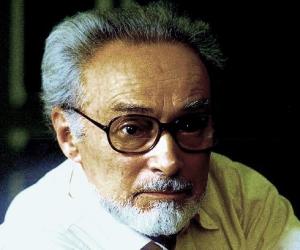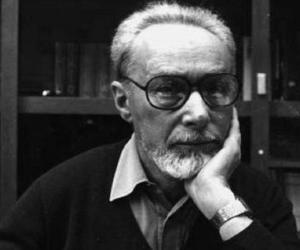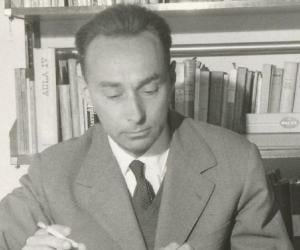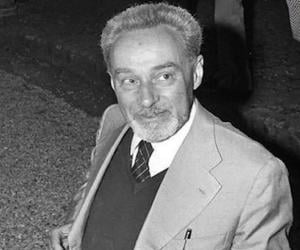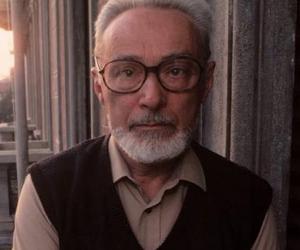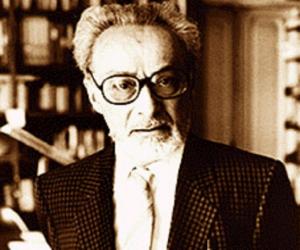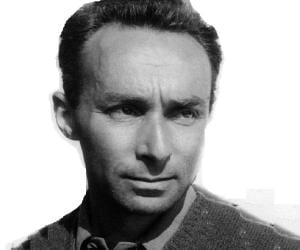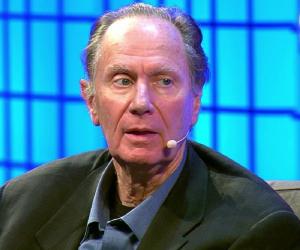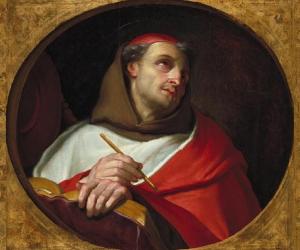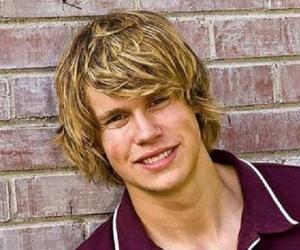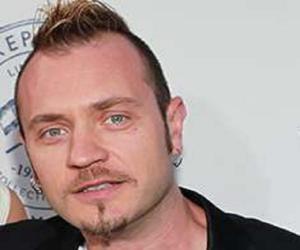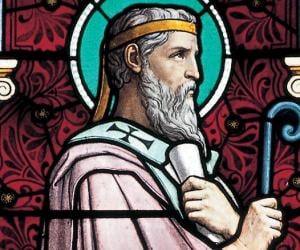Born In: Turin, Italy
Primo Levi
Primo Levi was an Italian Jewish Holocaust survivor and author, best remembered for his memoire, If This Is a Man, also published as Survival in Auschwitz, a restrained, yet moving autobiographical account of his days in the Nazi concentration camps. Born into a well-to-do Jewish family and trained as chemist at the University of Turin, he had a comfortable life until the enactment of the Italian Racial Laws. But once the Nazis occupied northern Italy, they had no other option but to go into hiding, eventually being arrested and sent to Auschwitz as a slave labor. Although he survived the ordeal, he could never get out the trauma, suffering from depression off and on, yet he continued to write and give speeches on his experiences at the camp. When he died in 1987 from a fall from his third story appointment, Elie Wiesel, another Holocaust survivor, famously said, "Primo Levi died at Auschwitz forty years later."
